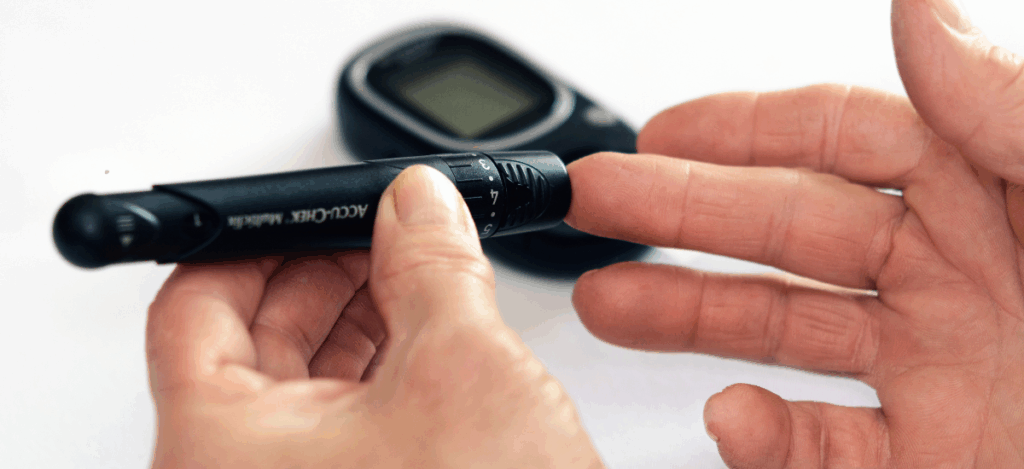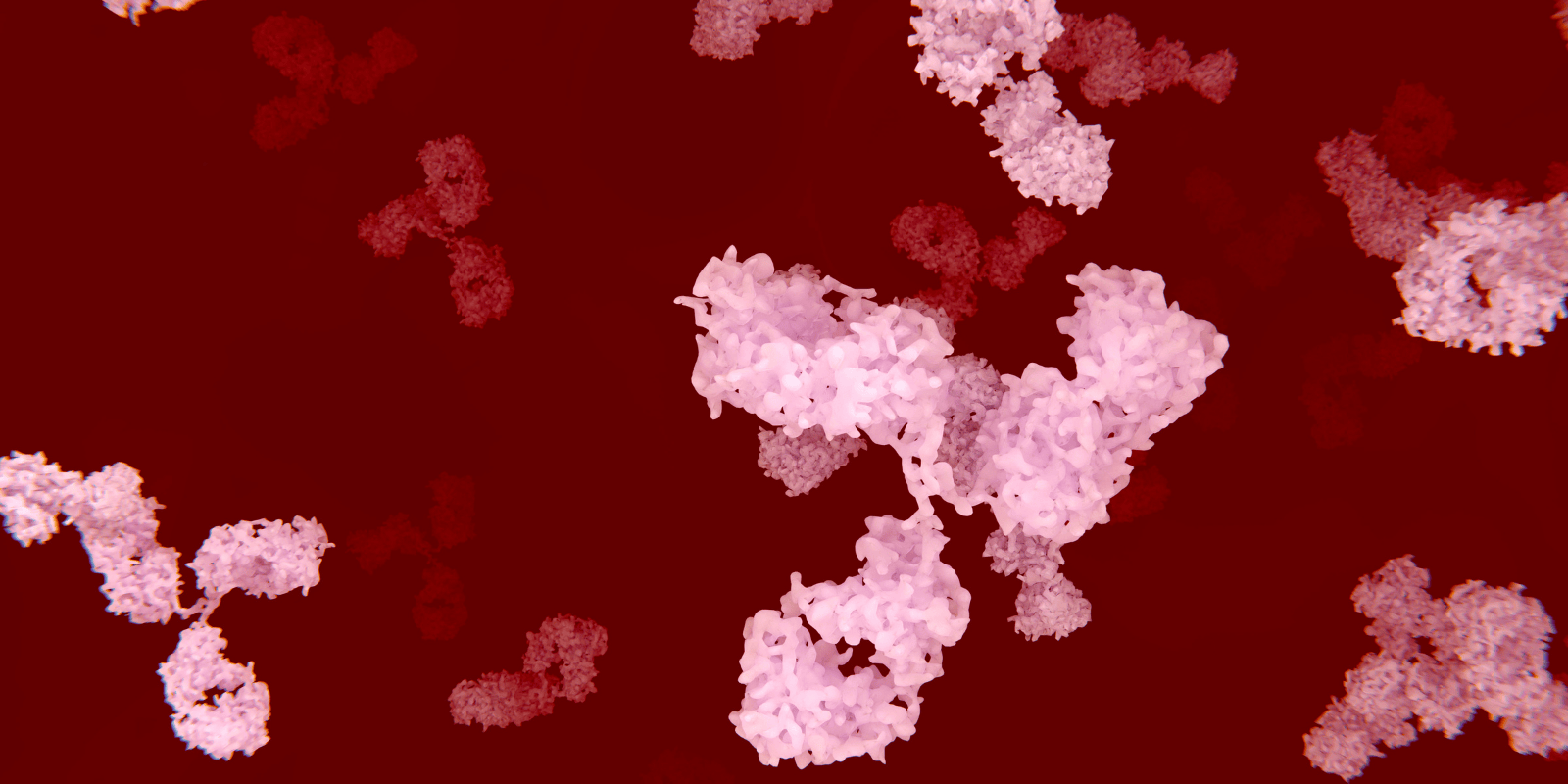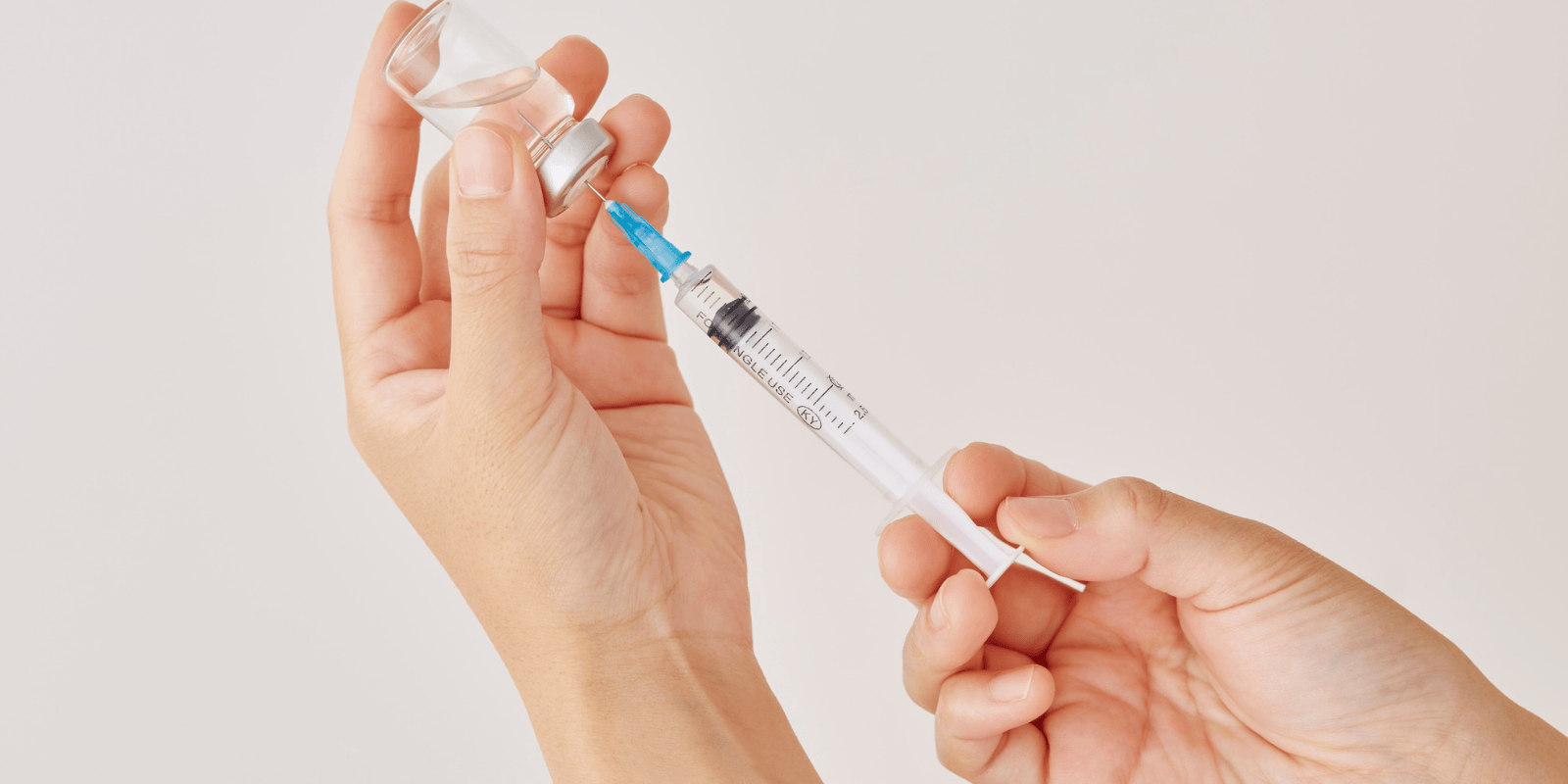
Type 1 Diabetes (T1D) affects an estimated 9.5 million people worldwide. While the earliest stage of T1D is characterized by the presence of islet autoantibodies, the role of islet-reactive B lymphocytes is not fully understood. Insulin autoantibodies correlate with disease progression but often wane by the onset of diabetes, highlighting the need to study the early stages of T1D to fully comprehend the autoimmunity driving T1D.
To address this, a new study, published in ImmunoHorizons, investigated transcriptional differences amongst specific B cell subsets in individuals with Stage 1 T1D compared to healthy controls. The authors analyzed gene expression and phenotype of CD19+ B cells from the peripheral blood of Stage 1 T1D individuals and compared them to non-diabetic, first-degree relatives.
Early Autoreactive T1D B Cells
They found that peripheral blood B cells isolated from Stage 1 T1D individuals upregulated 122 genes, including genes implicated in B cell receptor (BCR)-mediated calcium flux and actin rearrangement compared to age/sex-matched relative controls. Although not statistically significant, it was interesting that the researchers identified insulin-binding B cells within a subset of clonally expanded, “atypical-like” memory B cells, which showed increased expression of genes related to several key B cell functions. These findings contribute to a more comprehensive characterization of early autoreactive T1D B cells that could lead to potential screening tools that identify changes in rare autoreactive B cells as biomarkers of T1D progression.
“Identifying insulin-binding B lymphocytes early in the T1D prodrome has been challenging, but we found a multi-omics method by which we can ‘make the haystack smaller’ to accelerate finding the anti-insulin B lymphocyte ‘needle’,” said Dr. Rachel Bonami, Assistant Professor of Medicine in the Division of Rheumatology and Immunology at Vanderbilt University Medical Center.
Potential Therapies to Target T1D
A current challenge in clinical trials and clinical management of human autoimmune disease is that individual responses to immunotherapy vary. “Looking toward the future, we hope our findings will guide selection of candidate B lymphocyte-related biomarkers that can be tracked to indicate favorable response to immunotherapy for T1D. Our findings could guide future development and evaluation of new therapies that target the overactive pathways we observed in T1D B cells,” added Dr. Bonami. “We are grateful to our collaborative team at Vanderbilt (including our co-author, Dr. Daniel Moore, pediatric endocrinologist and T1D expert), study participants, and funders (NIH and Breakthrough T1D) for making these translational studies possible.”
Lead author, graduate student Lindsay Bass plans to build on these findings by investigating how the transcriptome and BCR repertoire of Stage 1 T1D individuals differ from later stages of T1D. She also plans to expand the panel of anti-insulin human BCRs, to determine the functional impact of BCR somatic hypermutation on recognition of insulin and other antigens.
This paper is available in ImmunoHorizons, a fully open access peer-reviewed journal published by the American Association of Immunologists, committed to advancing the knowledge of immunology and immunology education.




